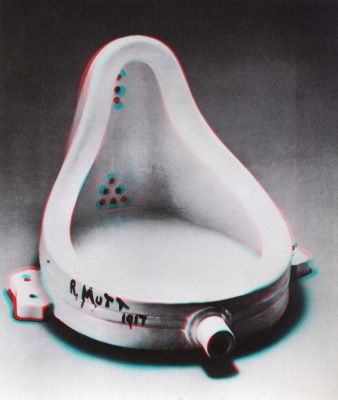The Minister of Justice, Kerensky, came to lunch at the Embassy, with Cachin, Montet and Lafont.
Kerensky accepted my invitation only on condition that he could leave the moment the meal was over, as he had to be with the Soviet at two o'clock. The essential point was that he should meet my three deputies.
The conversation immediately began with the war. Kerensky told us what is the root of his dispute with. Miliukov, i.e., that the Allies must revise their peace terms in order to adapt them to the ideas of the Russian democracy. The arguments with which he supported this theme are those of the "Labour" Party he represents in the Duma, a party which is par excellence that of the peasants and takes for its motto the phrase Lemla i Fola, "Land and Liberty." Apart from this reservation, he was strong on the necessity of continuing the struggle against German militarism.
We heard him out without too much protest. In any case I suspected that, at the bottom of their hearts, my socialist guests more or less agree with him. As for myself, not yet knowing what attitude Albert Thomas has been instructed to adopt towards Russian socialism, I reserved my opinion.
Hardly had coffee been served before Kerensky fled back to the Soviet, where theapostle of international Marxism, the celebrated Lenin, who has come from Switzerland through Germany, was to make his political re-entry.
.
A disgusting scene was witnessed a few days ago in the Russian Church at Helsingfors. A funeral service was being held for Lieutenant-Commander Polivanov, who was murdered by his crew during the recent disorders. The coffin was open as the orthodox rite prescribes. Suddenly a mob of workmen and sailors burst into the church. The whole lot marched past the catafalque in single file and spat in the dead man's face. The stricken and weeping widow wiped the sullied features with her handkerchief and implored the brutes to cease their infamous behaviour.
But, thrusting her roughly aside, they seized the coffin, turned it upside down, emptied out the corpse, the candles and the wreaths, and left the church bawling the Marseillaise.
I was expecting Naples to greet me with bright skies and azure waters, but have found in their place only grey clouds, including one, small and immobile, hanging threateningly over Vesuvius. I used my leisure time to go sightseeing, more often than not in Picasso’s company. We were particularly struck by the aquarium, and spent many long hours there. See more
We have been on a few excursions to Pompeii and Herculaneum. Picasso was very struck by the magnificence of the ruins, and each time we turned around we would find him on the top of some ancient column trying to get the best view of the various fragments of Roman sculpture which attracted his eye. Diaghilev was less excited. It was not the first time he had seen these wonders, and the hot sun exhausted him. See more
It’s the third day since Nemirovich-Danchenko invited me and Dobuzhinsky to a lunch at DononPopular among Moscow's bohemians restaurant on the Moika Embankment, 24.’s. At this lunch he had been unexpectedly called away, so that Dobuzhinsky and I were left at Donon’s to lunch alone. By a lucky coincidence, Benois and Grabar, who had been nearby at the Winter Palace, came in at just that moment, and we all had a very nice lunch together. See more
The new danger is that the socialists are agitating for a separate peace. Such a peace would be a disgrace and a betrayal of our allies. Their agitation is demoralizing the soldiers. All discipline has disappeared; the army has irreversibly degenerated into a medieval horde.
Ilich had barely woken when his comrades came to take him to a meeting of the Bolshevik members of the All-Russian Conference of Workers’ and Soldiers’ Deputies. The conference was being held in the Tauride Palace, somewhere in the upper floors. Lenin has summarized his views on what needs to be done in ten theses. In these theses he has assessed the current situation and given a clear and precise summary of the aims we should be reaching for and the paths we should take to achieve them. The other party members fell rapidly into confusion. See more
We, the members of the bureau of fractions of the Soviet, left the session with a feeling of moral victory.
I met with the futurist Mayakovsky, who initially gave me a bit of fright with his rude impulsiveness, but who then made a very direct announcement of his intention to come and have a serious chat with me, as I write wonderful music but to terrible texts, of outmoded bourgeois types and e.t.c. He promised to introduce me to “real contemporary poetry”. See more


I ride about the country much as usual. No one interferes with me, and though I do not wear a red armlet, I am recognised, I suppose, as an eccentric Englishman, unworried by revolutions.